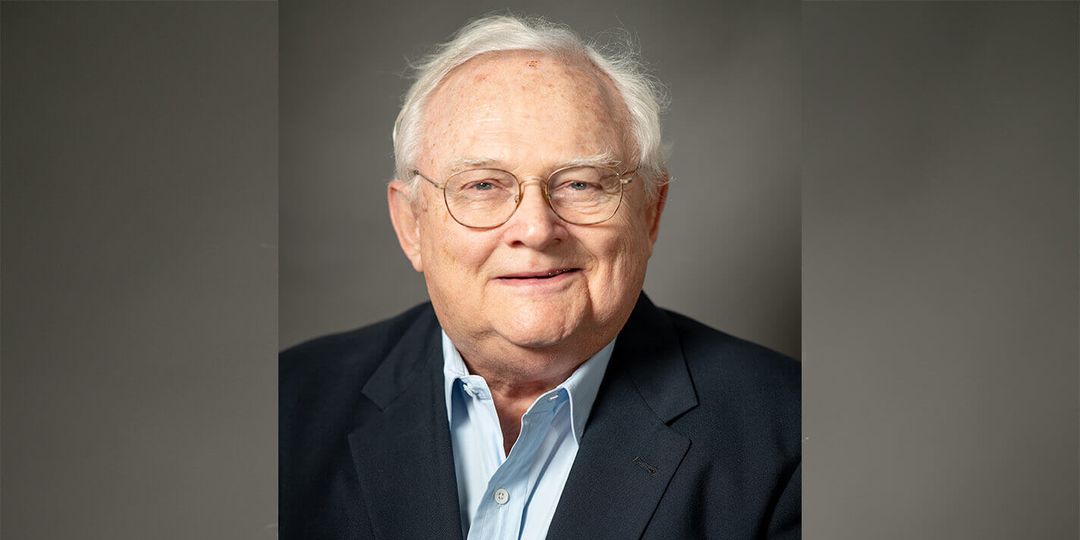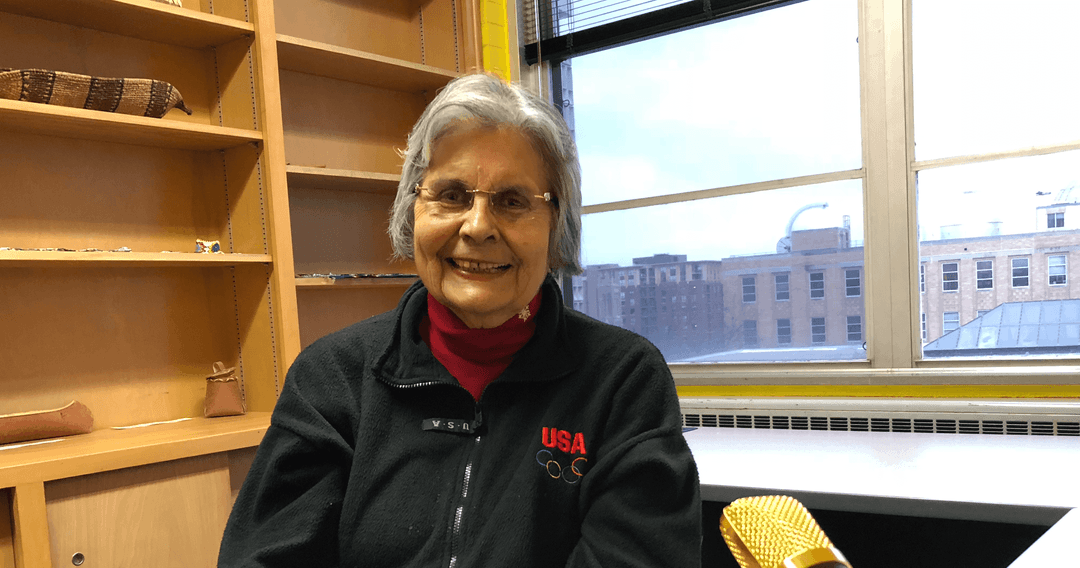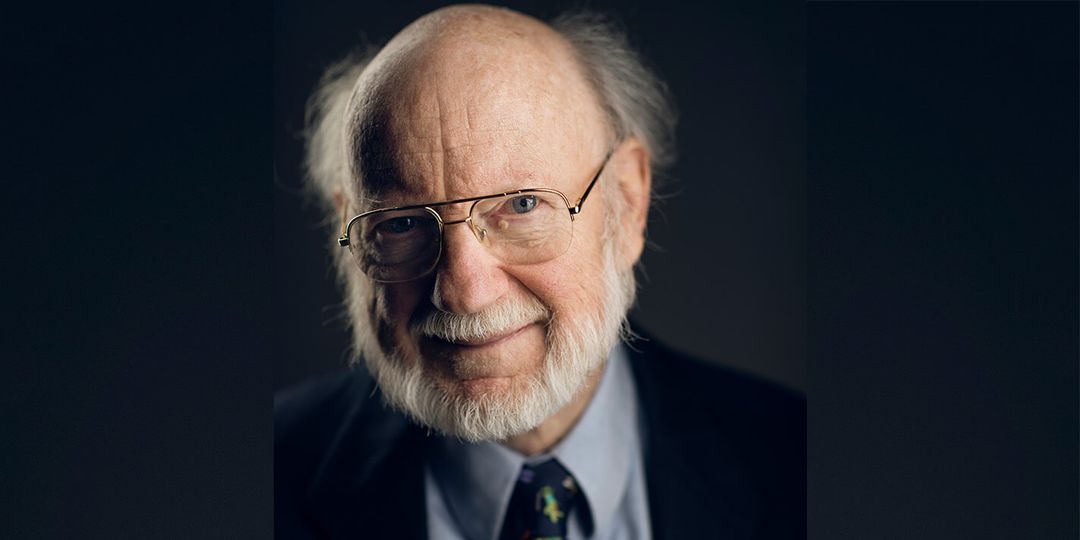Robert Bergman is a pioneering organic chemist whose findings have led to numerous commercial applications. He discovered a reaction known as the Bergman Cyclization that has had major implications for the pharmaceutical industry. He has also done innovative research in the field of organometallic chemistry. In 1981, Bergman led a team in the discovery of an unusual new group of organometallic complexes that sever carbon-hydrogen bonds, which created an entirely new subfield of chemistry virtually overnight.
Bergman began teaching at the California Institute of Technology in 1967, moving on to serve as a professor at the University of California–Berkeley in 1977. He has been named a member of the National Academy of Sciences, the American Academy of Arts and Sciences, and the California Academy of Sciences. He has more than 575 publications and 8 patents to his name. Bergman has earned some two dozen awards for his research and teaching, including an honorary doctorate from Texas A&M University and the 2017 Wolf Prize in Chemistry. (The Wolf awards are regarded as second only to the Nobel Prize.) He is the initiator and codeveloper of the Bay Area Scientists in Schools program, which provides science outreach for elementary school students in the Berkeley area. Now that he has emeritus status, Bergman remains active in research, teaching, and outreach.









